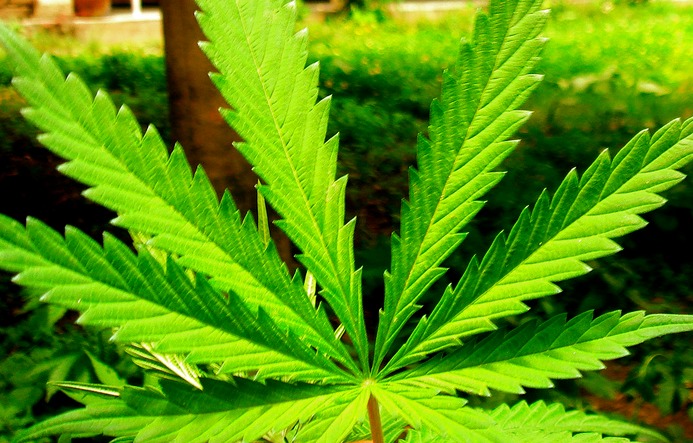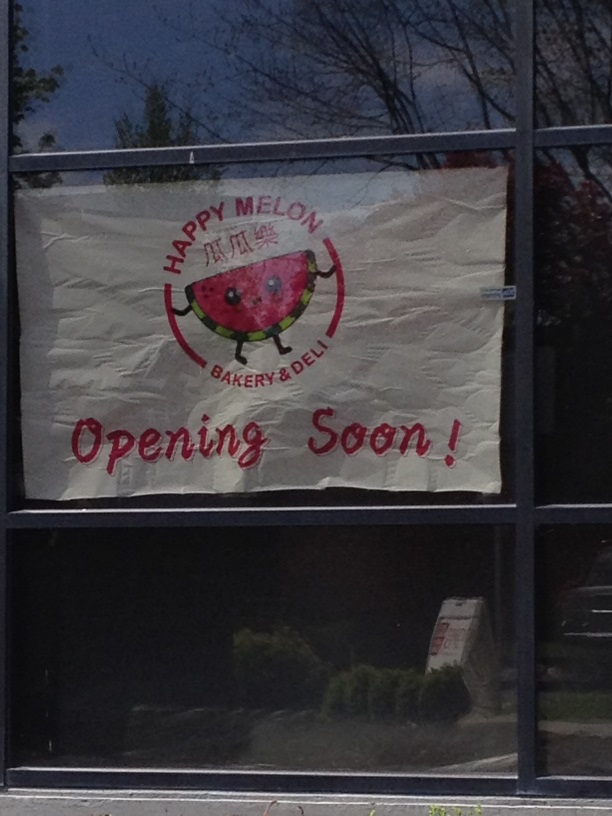Speakers at last week’s local agriculture conference, sponsored by the American Farmland Trust, covered in detail how farmers can achieve environmental goals, market their products and connect with consumers. But at least one attendee wished more time had been spent discussing the economic potential of growing marijuana.
“How do they affect the process? How do they get involved?,” asked Seattle agricultural consultant Ralph Coolman, referring to the small-scale farmers gathered at the event. “There is going to be capital that gets into communities.”
But Coolman, who’s worked on agricultural-based economic development projects around the world, said he wasn’t aware of any centralized planning effort to make sure a portion of that capital finds its way to local farmers. Participants in public hearings hosted by the Liquor Control Board earlier this year repeatedly voiced concerns that large corporations could dominate the arena once the state sorts out the logistics of marijuana farming.
Currently, “rules and regulations defining how a producer licensee must legally operate have yet to be decided,” the liquor control board explains on its website. “Converting a crop to marijuana would require a producer license and undoubtedly, some way to safeguard the crop from theft.”
A Washington Farm Bureau spokesperson last year told KIRO that none of its members were planning to apply for a license, citing concerns that the federal government would seize their assets since pot remains illegal under national law. Mary Embleton of Cascade Harvest Coalition echoed that logic when Coolman raised the weed question in a conference session devoted to economic development.
“Most farmers are risk adverse,” Embleton said. “But if pot’s going to be your crop, our advice is similar: How do we give them technical assistance? Those same techniques are going to fly.”
Coolman, though, wonders whether it makes financial sense for organizations supporting farmers to treat pot like every other crop.
“I’m really concerned,” he says. “It’s like a Ken Burns movie. All these historical things are going to happen, but the story is the normal people.”








